Question: Congratulations on the forthcoming launch of the Every Child Under Care Advocacy Initiative (ECUCAI). Can you tell us what makes this initiative so unique?
Answer: Thank you. What makes ECUCAI truly groundbreaking is that we, the GDSS Oke-Aluko Golden Mates, 2001 Set, are the first secondary school alumni
association in Nigeria and, indeed, Africa to establish a registered advocacy NGO
dedicated to tackling societal challenges in an organized and proactive way. While
most alumni groups focus on infrastructure or scholarships, we are setting a new standard by directly addressing the root causes of social problems through advocacy, mentorship, and community engagement. This is a first-of-its-kind model, not just in Nigeria, but across Africa and we’re leading the change globally.
Question: Why did you choose advocacy as your niche, and what is its
significance?
Answer: Our advocacy niche is unique because we are focusing on parenting as
the foundation of societal well-being. We recognize that the problems plaguing our
society, banditry in the North, kidnapping in the South, cybercrime and ritual killings
in the West, and widespread corruption are deeply rooted in the breakdown of
parenting and family values. Research and stakeholder summits in Nigeria have
shown that failures in parenting directly fuel crimes such as cultism, drug abuse,
domestic violence, and cybercrime. We believe that by strengthening parenting, we can address up to 80% of the root causes of these societal ills.
Question: Can you elaborate on your association’s unique perspective on
parenting?
Answer: Absolutely. We define parenting as a shared societal responsibility, not
just the duty of biological parents. We distinguish between primary parenting (by
biological parents or guardians) and secondary parenting, which includes schools, informal learning centers, government, and the wider society. This holistic view recognizes that every adult, teacher, policymaker, and community leader has a role to play in shaping the next generation. By mobilizing alumni as mentors and role models, we expand the circle of care and support for every child.
Question: The statistics you mentioned are alarming. How serious is the impact of
bad parenting in Nigeria?
Answer: The impact is profound and far-reaching. About 24 million Nigerian
children are engaged in child labour, often as a result of neglect or economic
hardship at home. Studies consistently link negative parenting practices to
increased rates of youth criminality, violence, and mental health issues. The ripple effects are visible in every region and sector of our country, from rising crime rates to the erosion of moral values.
Question: How does ECUCAI plan to address these challenges and set an
example for others?
Answer: We are laying a foundation for other alumni associations and community
groups to follow by building a replicable system that addresses problems at their
roots. Our approach includes:
Advocacy and Public Awareness: Campaigning for good parenting
practices and child protection.
Mentorship Programs: Mobilizing alumni to serve as mentors and positive
role models.
Counselling and Support: Providing counselling for struggling parents and
rehabilitation for affected children.
Partnerships: Collaborating with government, agencies, and NGOs to scale
up our impact and influence policy.
Community Engagement: Hosting workshops, seminars, and support
groups for parents, teachers, and community leaders.
By doing this, we are not only transforming our immediate community but also
creating a blueprint for others across Nigeria, Africa, and globally to emulate.
Question: What are your plans for partnership and collaboration?
Answer: We are actively seeking partnerships with government bodies,
educational institutions, child protection agencies, and international organizations.
Our goal is to advocate for policy reforms, expand access to counselling and
support services, and ensure that every child, regardless of background, has the
opportunity to thrive. We also plan to work closely with the media to raise awareness
and keep these critical issues on the national agenda.
Question: What message do you have for other alumni groups and the wider
public?
Answer: Our message is simple: It is time for alumni associations and community
groups to move beyond traditional roles and become proactive agents of societal
change. We invite others to join us in this movement to build systems, not just
structures; to address root causes, not just symptoms; and to leave a legacy of
impact for generations to come. Together, from Nigeria to the world, we can redefine
what it means to give back.
Question: Any final thoughts as you prepare for the launch?
Answer: We are proud to be Africa’s first secondary school alumni advocacy
NGO, leading the way globally. Our mission is bold, our resolve is strong, and our vision is clear: to raise responsible citizens and build a society where every child is truly under care. We invite everyone, alumni, parents, teachers, government, and the
public to join us on this historic journey.
Thank you.
Mallam Bashir Ademola Yusuf
President,
GDSS Oke-Aluko Golden Mates, 2001 Set
For more information about the Every Child Under Care Advocacy Initiative
(ECUCAI) and our upcoming launch, please contact Adejoke at +234 703 005 5825 or send us an email at info.gdssokealuko2001@gmail.com.

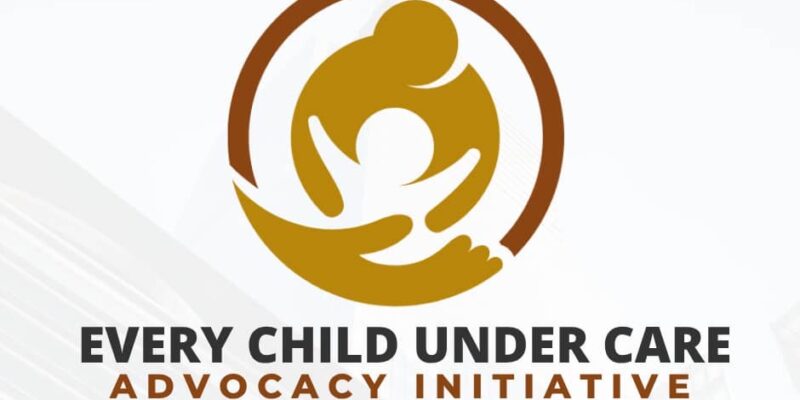

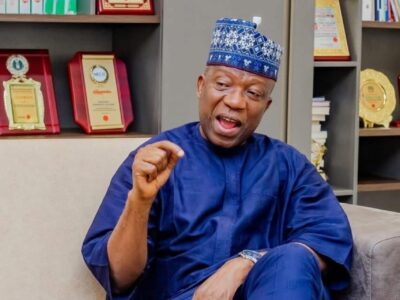
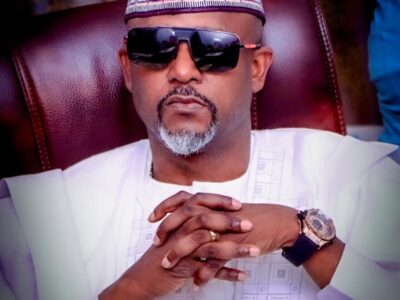

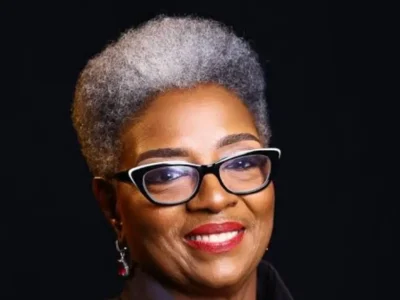
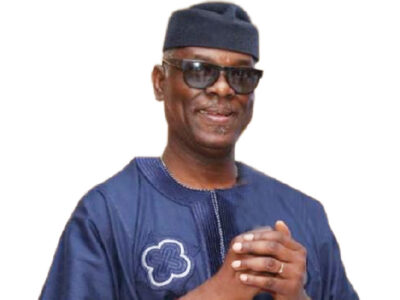
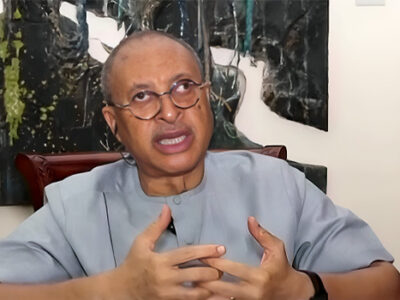

Comments